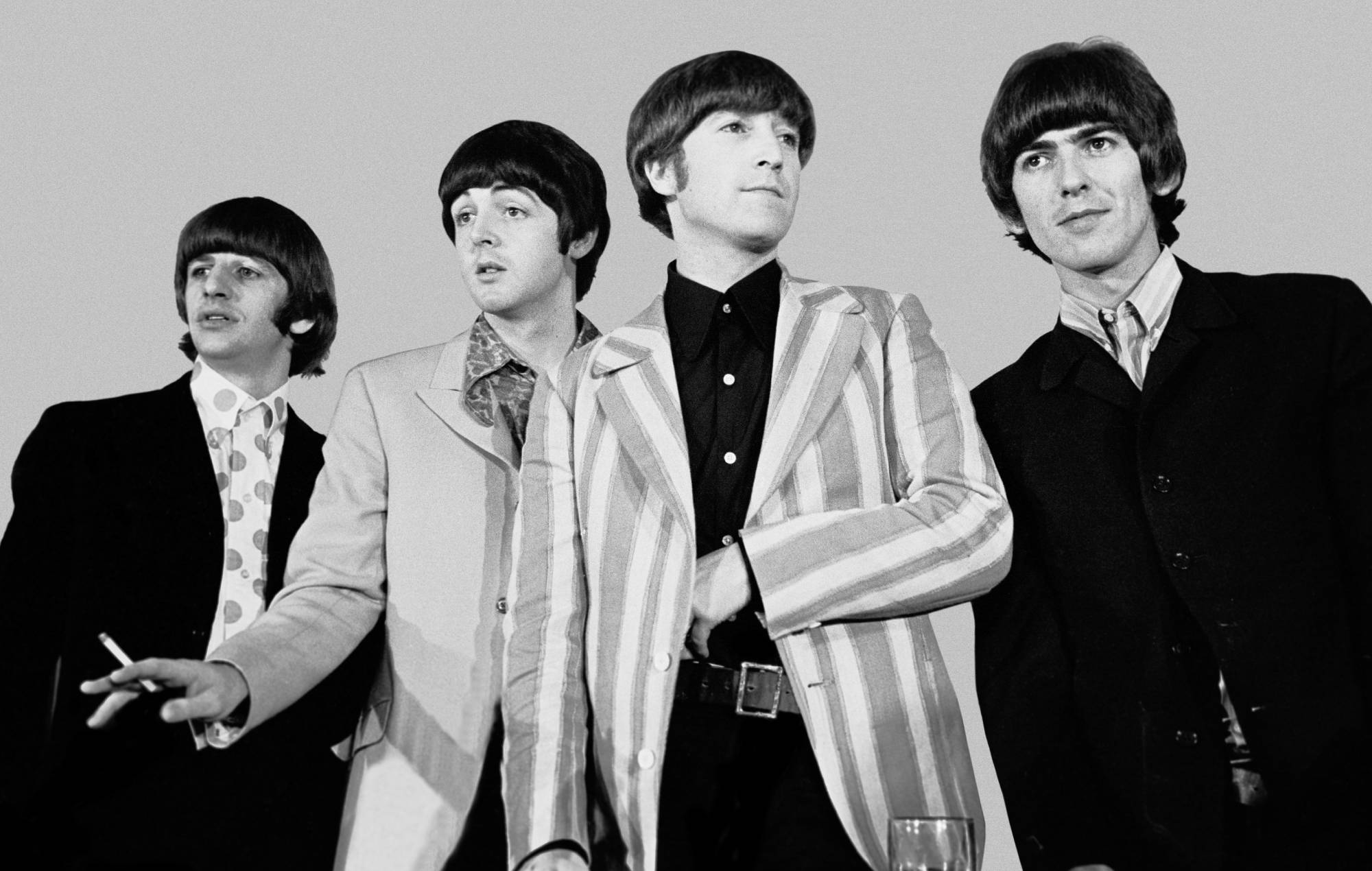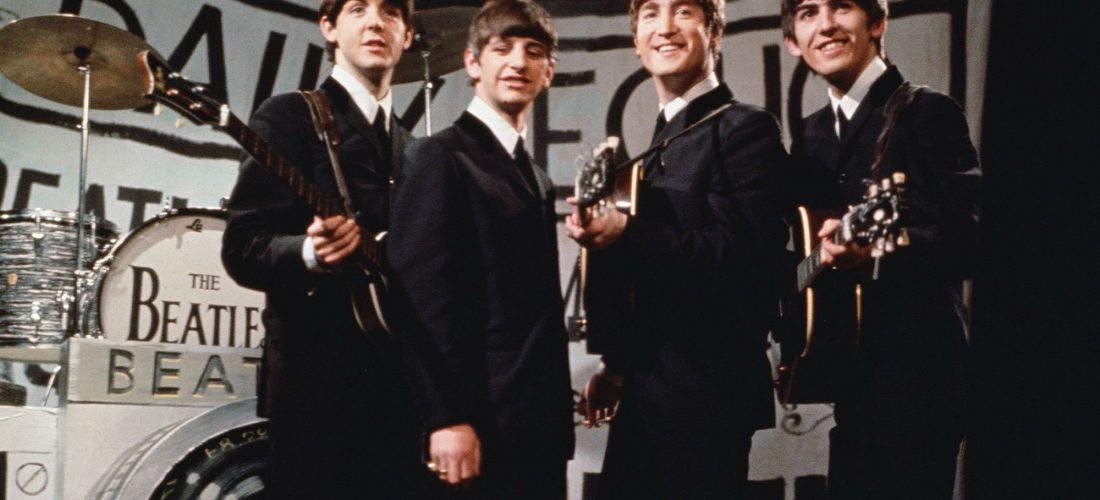Lost Beatles tape to be restored and given to “national cultural institution”
The earliest known full recording of The Beatles performing live is set to be restored and given to a “national cultural institution” in the UK.
Earlier this week (April 4), it was announced that the recording had been found almost exactly 60 years to the day it was made.
The hour-long, quarter-inch tape recording was created by John Bloomfield at Stowe boarding school in Buckinghamshire on April 4, 1963, when The Beatles performed a gig there.
Bloomfield, who is now 75 years old, was only 15 at the time. He revealed the existence of the tape to journalist Samira Ahmed visited Stowe when they visited to make a special programme for Radio 4’s Front Row to mark the gig’s 60th anniversary.
Now, there are plans to restore the old tape, which contains a full length gig performance and includes spoken word segments from the band as they interacted with the audience.
“Talks are under way to get [the tape] cleaned up and for a permanent home in a national cultural institution,” Ahmed told The Observer. “John [Bloomfield] feels strongly that it should not end up, as so many Beatles relics have, in the vault of a private individual.”

“It was a unique Beatles gig, performed in front of an almost entirely male audience,” Ahmed wrote of the discovery recently. “And crucially, despite loud cheers and some screaming, the tape is not drowned out by the audience reaction.”
The setlist was made up of songs from The Beatles’ debut album ‘Please Please Me’, which had been released on March 22, 1963, as well as some of the legendary group’s R&B cover versions.
A live rendition of ‘I Saw Her Standing There’ kicked off the performance before the band transitioned into their take on Chuck Berry’s 1956 single ‘Too Much Monkey Business’. They’re also heard taking requests from students, and joking amongst themselves in between tracks.
Part of the historic recording was played on April 3rd’s edition of Front Row (April 3) – you can listen here via BBC Sounds.
Ahmed and Beatles historian Mark Lewisohn are the only people to have heard the full recording after Bloomfield agreed to play it for the first time since it was made six decades ago.
“The opportunity that this tape presents, which is completely out of the blue, is fantastic because we hear [The Beatles] just on the cusp of the breakthrough into complete world fame,” Lewisohn told the BBC. “And at that point, all audience recordings become blanketed in screams.
“So here is an opportunity to hear them in the UK, in an environment where they could be heard and where the tape actually does capture them properly, at a time when they can have banter with the audience as well.”
He went on to say that the tape contained “an incredibly important recording”, adding: “I hope something good and constructive and creative eventually happens to it.”
Lewisohn said he was unaware the tape even existed, “and I think I had to pick myself up off the floor”.
The Beatles were booked to play a show at the school by pupil David Moores, who had written to the band’s manager Brian Epstein. Bloomfield, who had an interest in tech at the time, captured the performance on a new reel-to-reel tape recorder.
- READ MORE: The Beatles – rank the albums
“I would say I grew up at that very instant,” Bloomfield explained of the impact the show had on him as a teen. “It sounds a bit of an exaggeration, but I realised this was something from a different planet.
“It wasn’t until they started playing that we heard the screaming, and we realised we were in the middle of Beatlemania. It was just something we’d never even vaguely experienced.”
Back in 2020, the Buckinghamshire school put up a blue plaque to commemorate The Beatles’ visit. At the time, Paul McCartney recalled: “Good old working class boys like us had never visited an establishment like Stowe and we were shocked to see the stark living conditions.”
